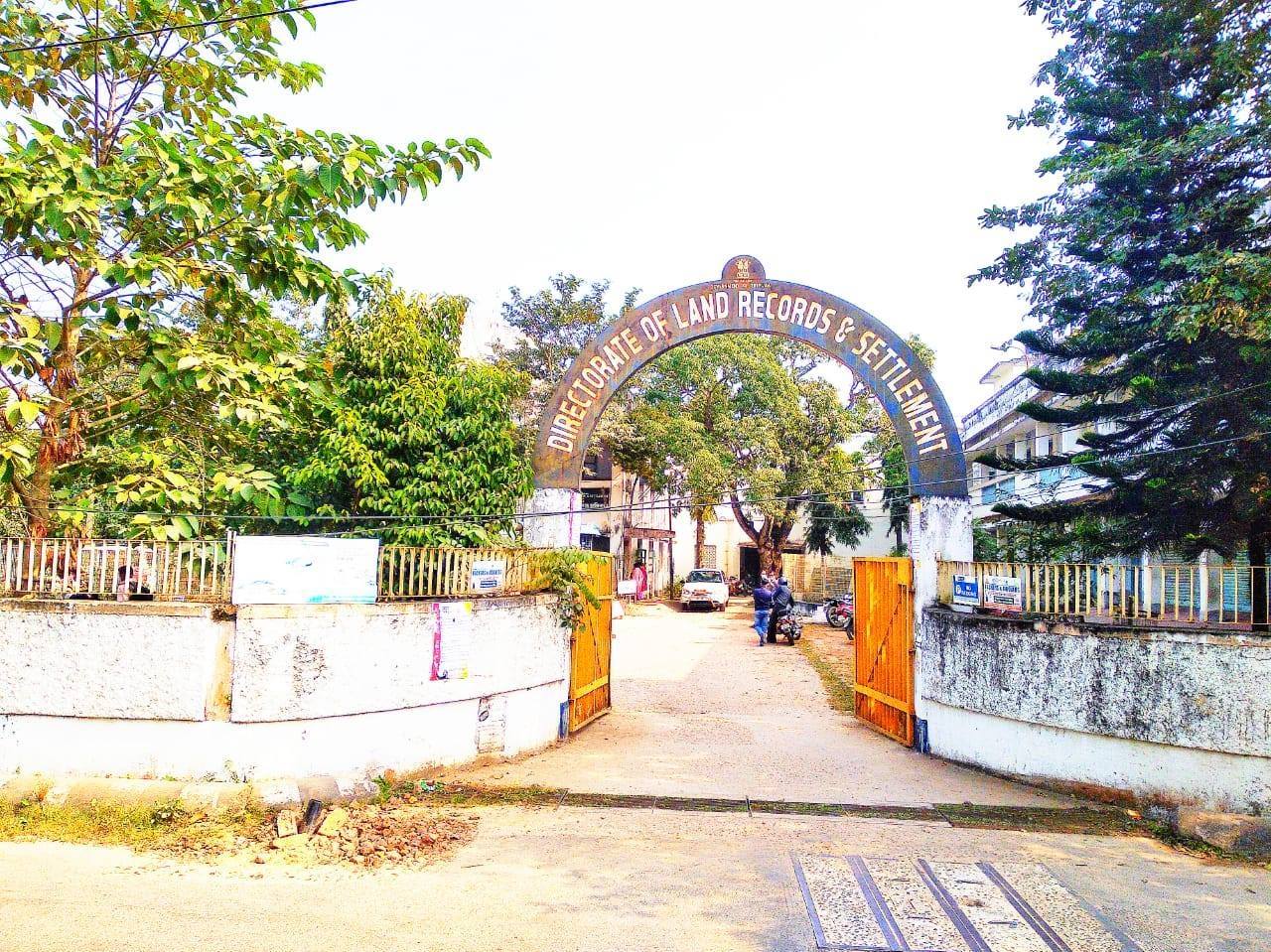
In a major step towards bringing greater transparency and efficiency to land-related services, the Revenue Department of the Tripura government has rolled out a slew of digital reforms aimed at modernizing revenue administration and enhancing citizen service delivery.
According to officials, one of the key features of the overhaul is the uploading of inheritance details of registered documents on an online platform. This move is expected to empower prospective buyers with the ability to verify land ownership before making purchases, thereby minimizing disputes and fraudulent transactions.
In a bid to streamline land identification, the department has also introduced a 14-digit unique Land Parcel Identification Number (LPIN) for every land plot in the state.
To safeguard sensitive data and ensure secure digital infrastructure, a comprehensive cyber security audit has been conducted for 12 key software platforms, including e-Land, Court Monitoring System, Tripura Web Map, Land Services, and the National Generic Document System (NGDRS). These efforts collectively aim to fortify the revenue ecosystem, enabling a more transparent, secure, and efficient service delivery model.
Meanwhile, Chief Minister Prof. (Dr.) Manik Saha has issued a stern directive to all district administrations to ensure strict enforcement of the Land Revenue Act and its associated rules and regulations. He emphasized that no violations will be tolerated under any circumstances.
The CM made these remarks while chairing a meeting of the State Level Advisory Committee, which reviewed proposals seeking approval for diversion of water bodies and sale or transfer of allotted land.
Key officials including Brijesh Pandey, Secretary of the Revenue and Tribal Welfare Department, and Sanjay Bhattacharya, Secretary of the Law Department, were present. District Magistrates and Collectors from across the state also participated via video conferencing.
During the meeting, the committee deliberated on 149 applications—61 related to water body diversion and 88 for sale permissions of allotted land.
To ensure greater scrutiny and transparency, the meeting also decided to constitute sub-divisional level committees led by the respective Sub-Divisional Magistrates (SDMs). These panels will include officials from the sub-division, including the Medical Officer, to examine sale permission applications thoroughly and transparently.
The Chief Minister also underscored the importance of strict vigilance on land transfers, name changes, and the diversion of agricultural land and water bodies, reinforcing the state’s commitment to protecting land rights and promoting responsible governance.
Read more ...
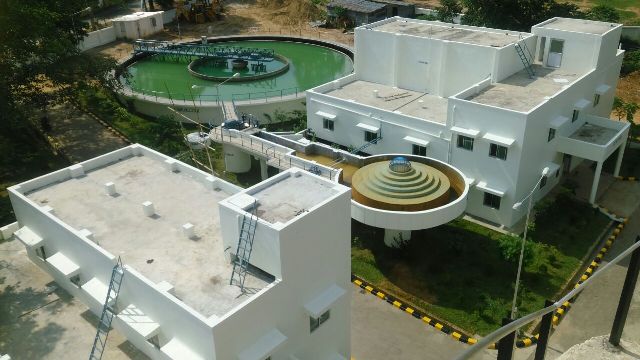
April 9, 2025
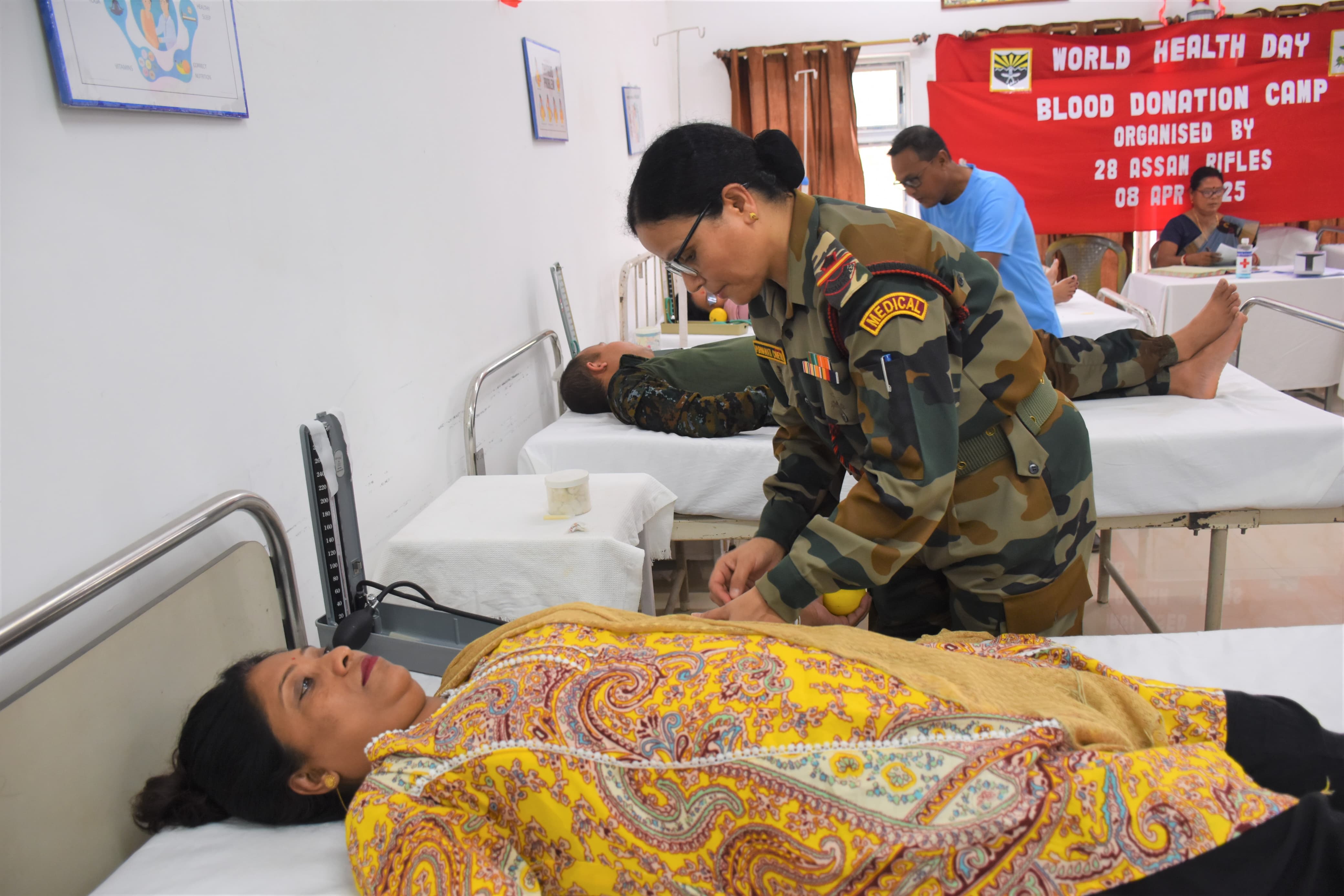
April 9, 2025
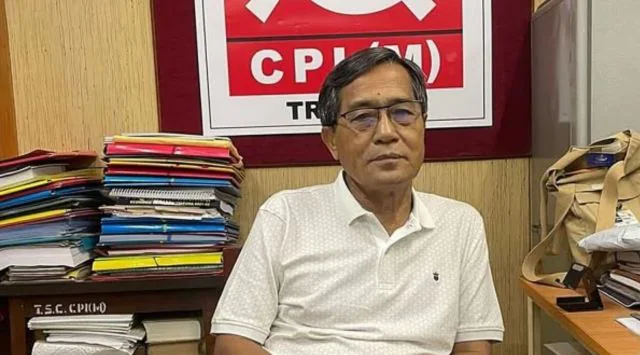
April 9, 2025

April 8, 2025
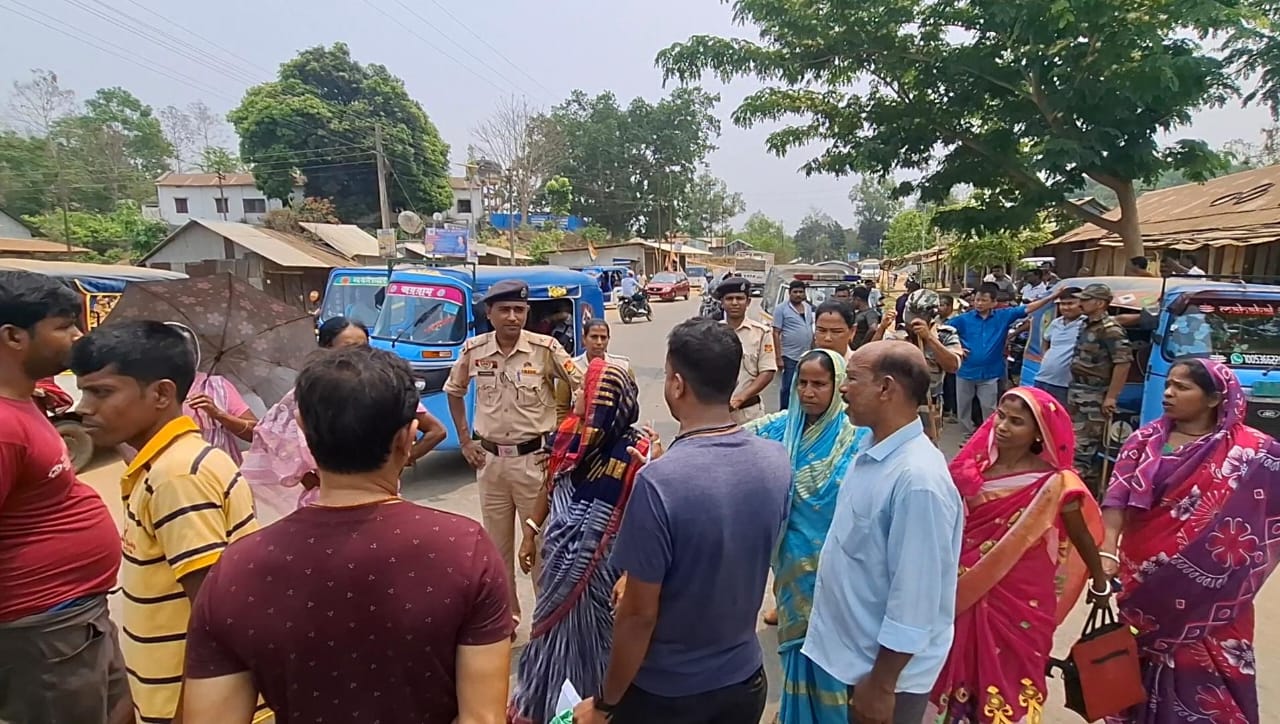
April 8, 2025
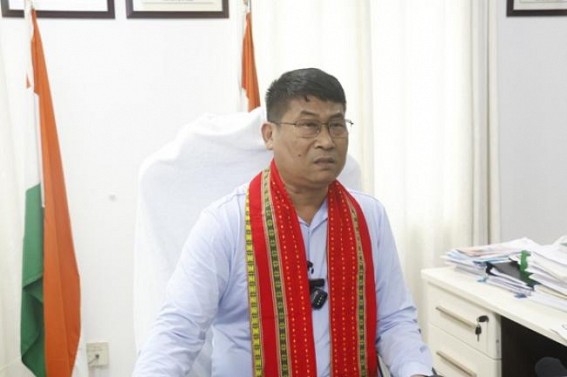
April 8, 2025
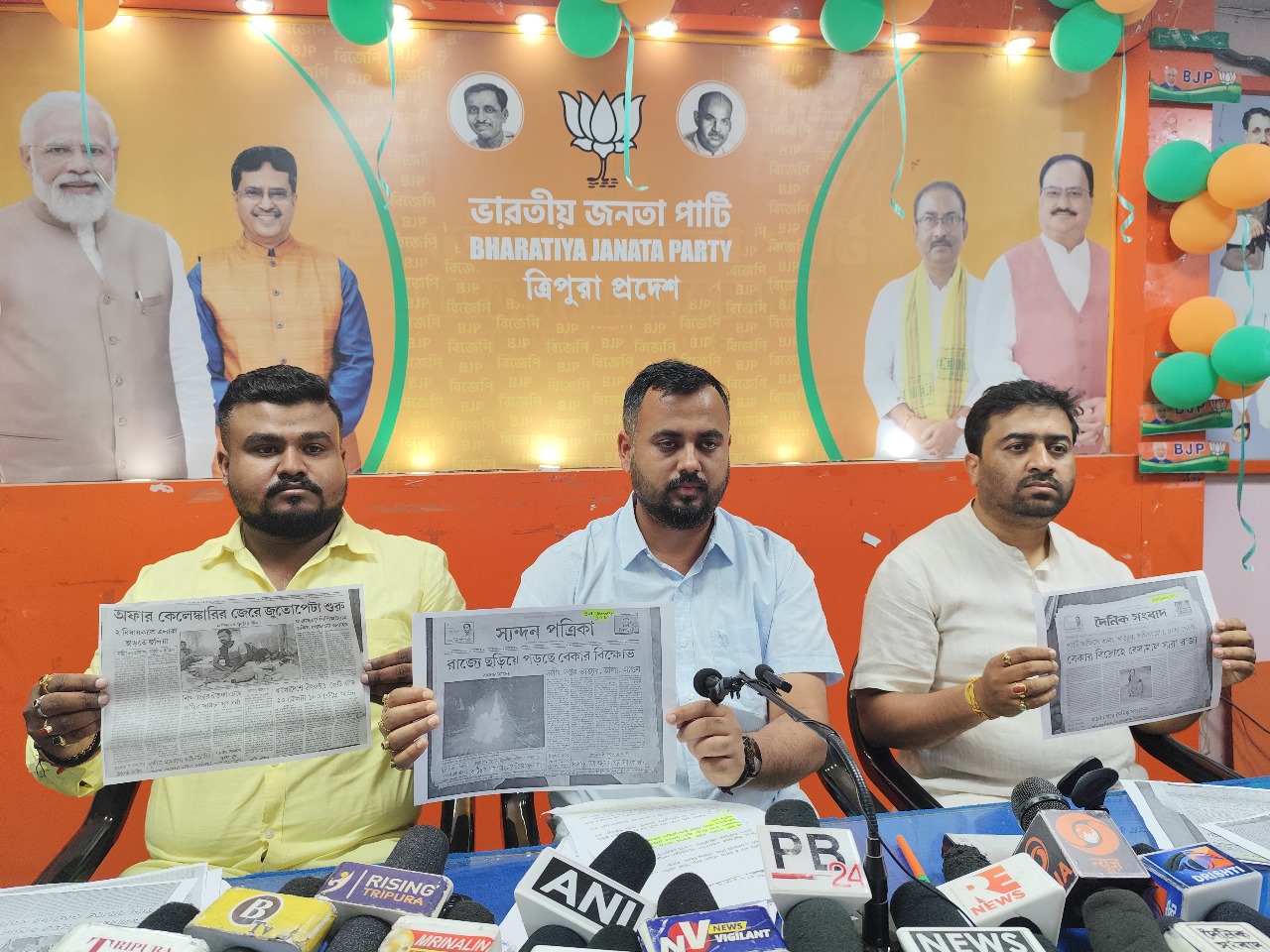
April 8, 2025
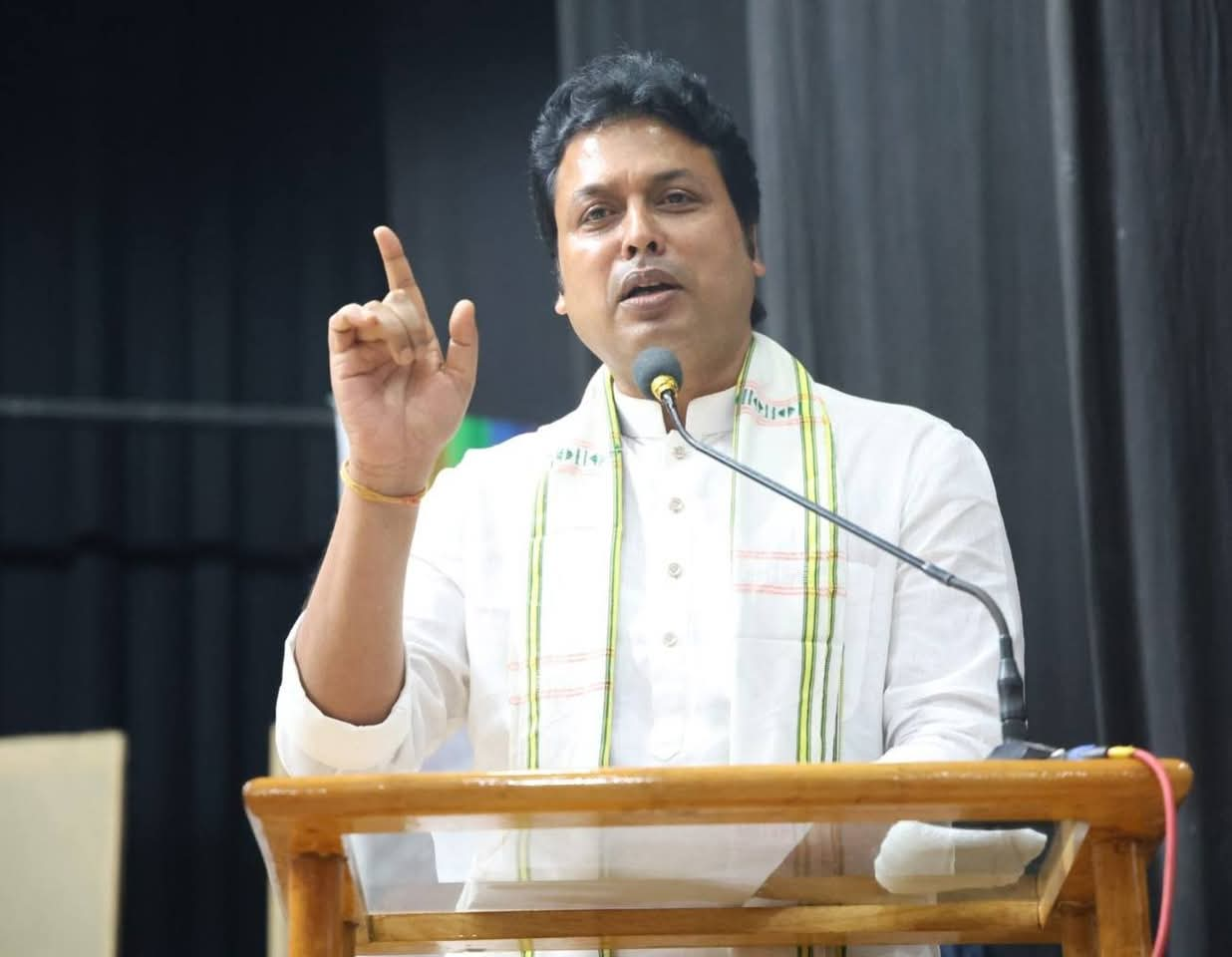
April 8, 2025
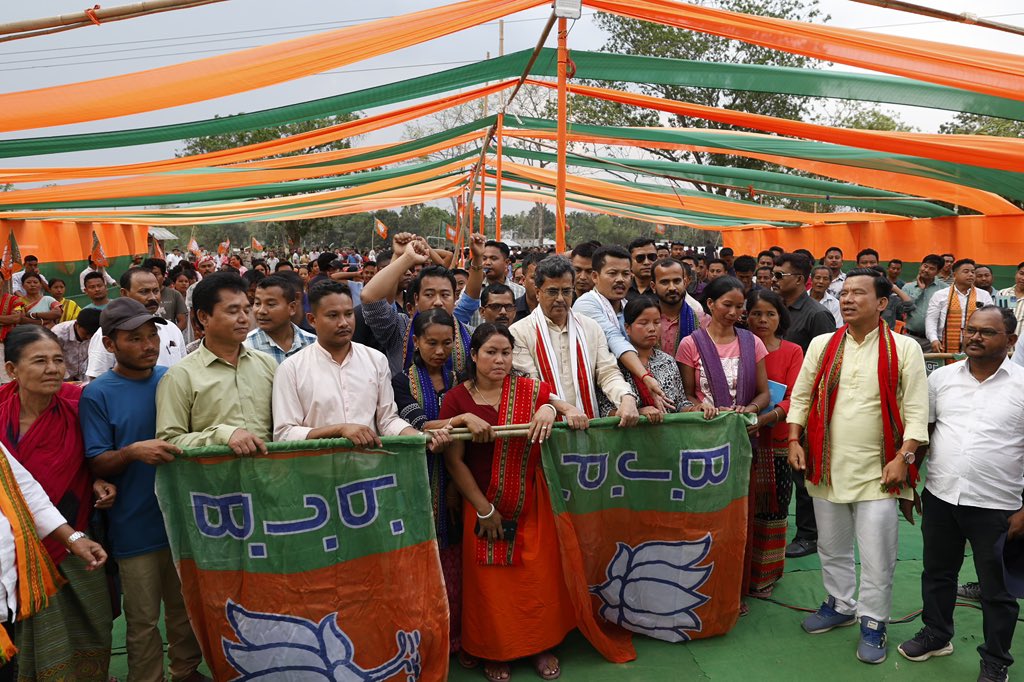
April 8, 2025

April 8, 2025
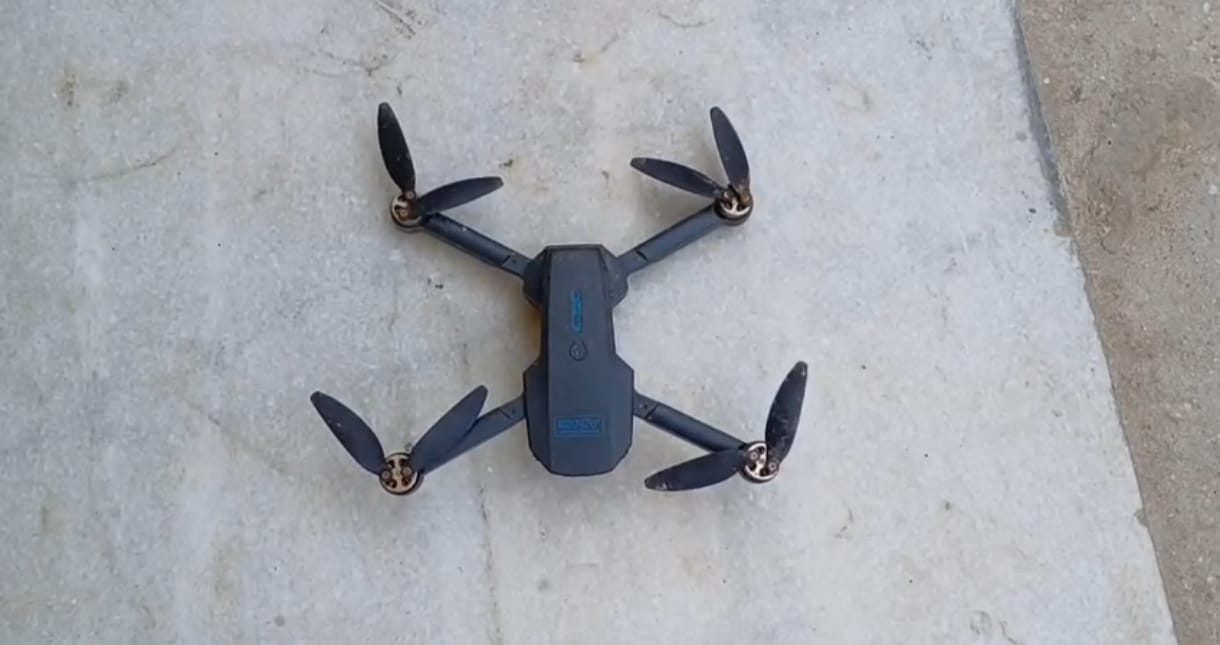
April 7, 2025
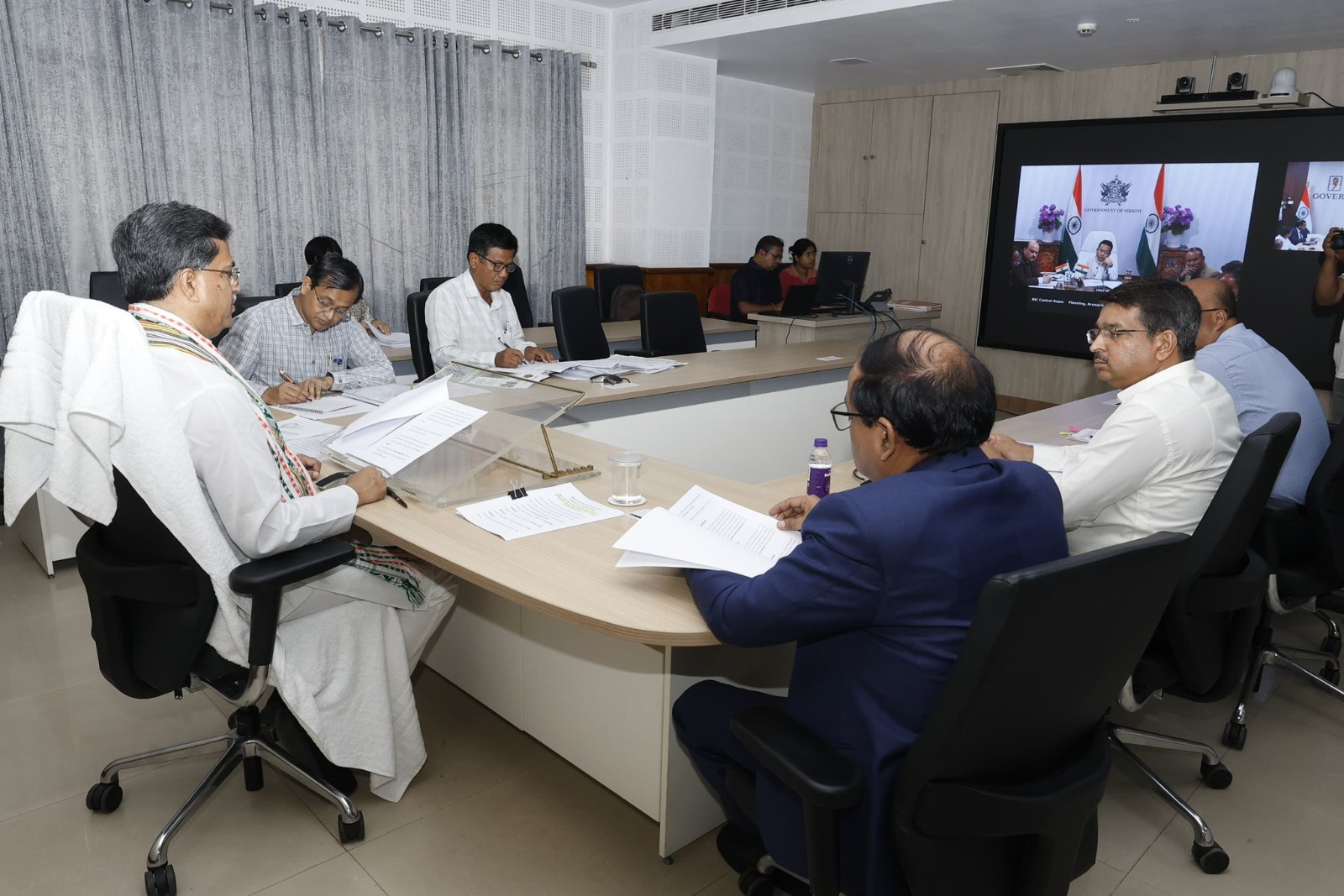
April 7, 2025
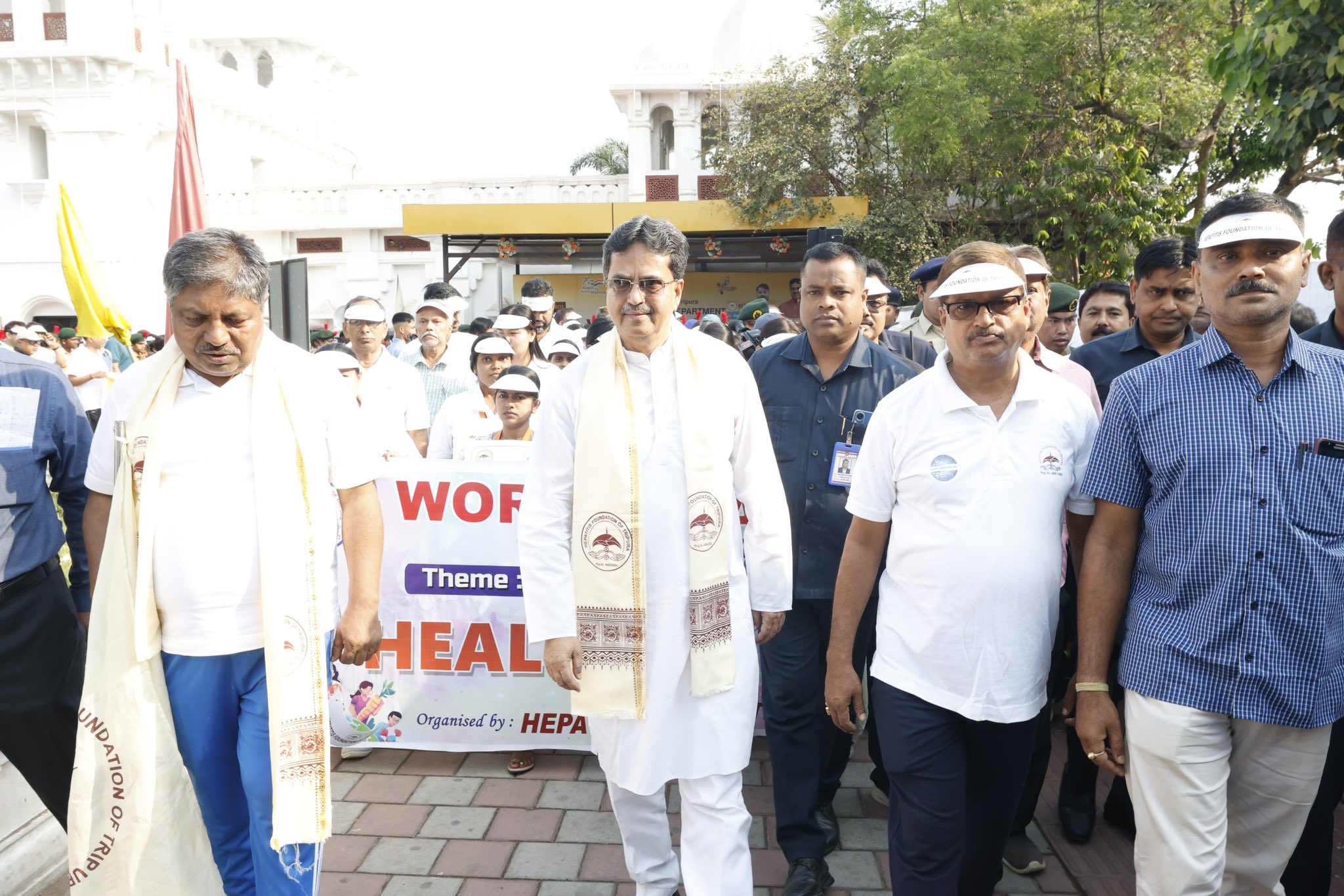
April 7, 2025
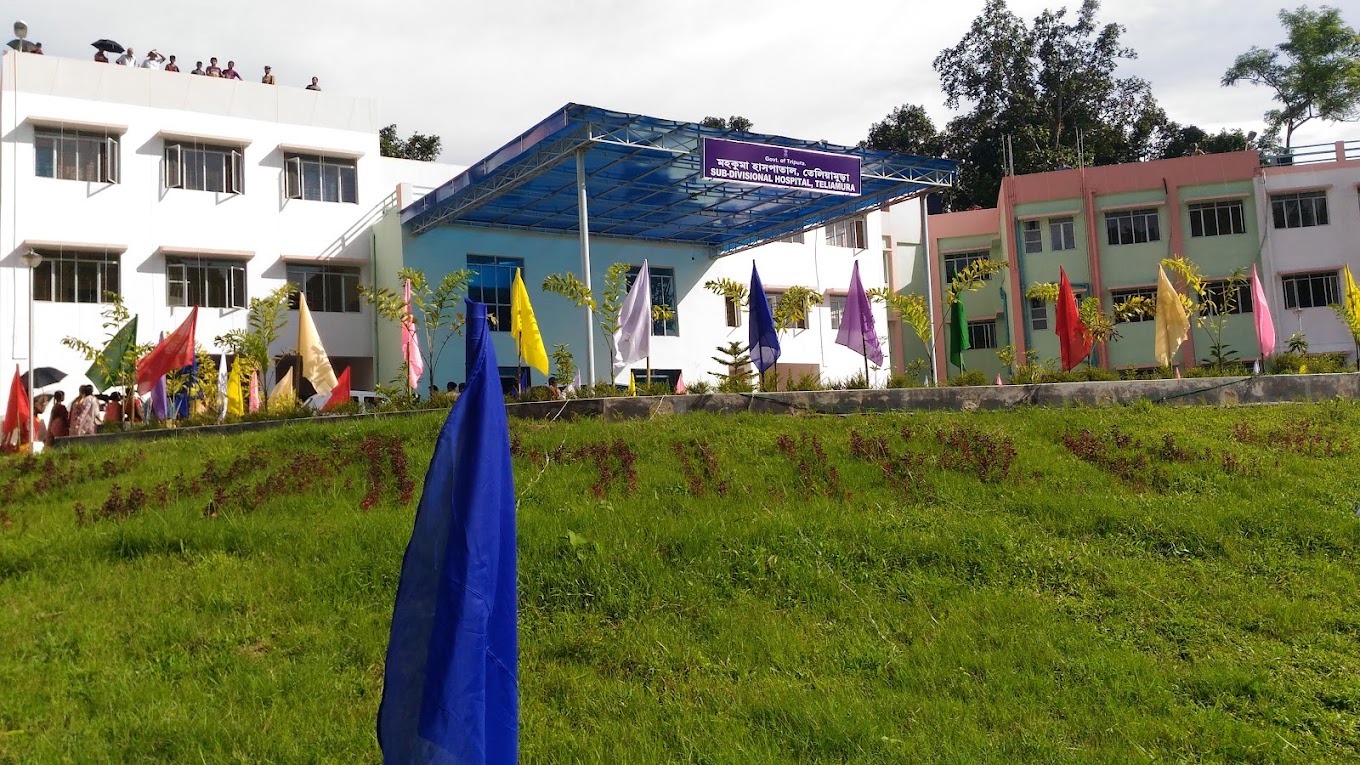
April 5, 2025


